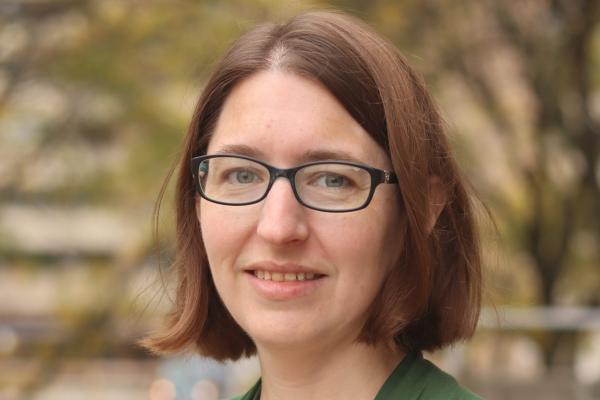Jill Eileen Richardson studies intractable environmental conflicts and public health problems by studying solutions people have already implemented. She asks how solutions are technically and socially possible, whether they are transferrable and scalable, and why past and current successes have not already been implemented elsewhere.
In her past work, she studied how Americans in the Northern Rocky Mountains used consensus-based decision-making to protect human safety, private property, and rural livelihoods while also protecting grizzly bears, wolves, and elk. She is currently working on a book about political polarization comparing consensus-based decision-making to contentious politics.
In her new project, Richardson is comparing two different approaches to agricultural development in East Africa: an intensive form of organic agriculture (Grow Biointensive) and the more traditional Green Revolution approach to agricultural development.


